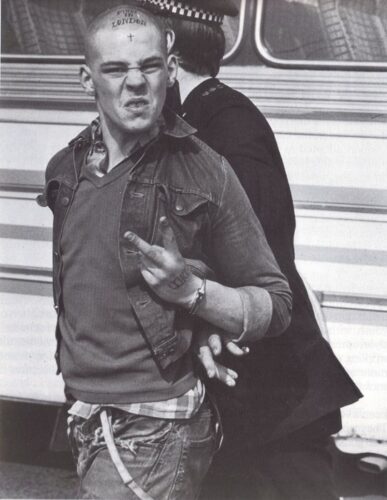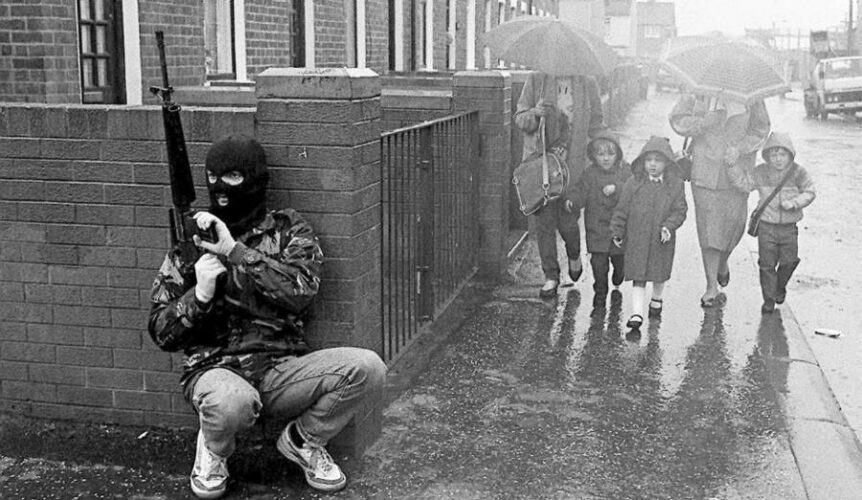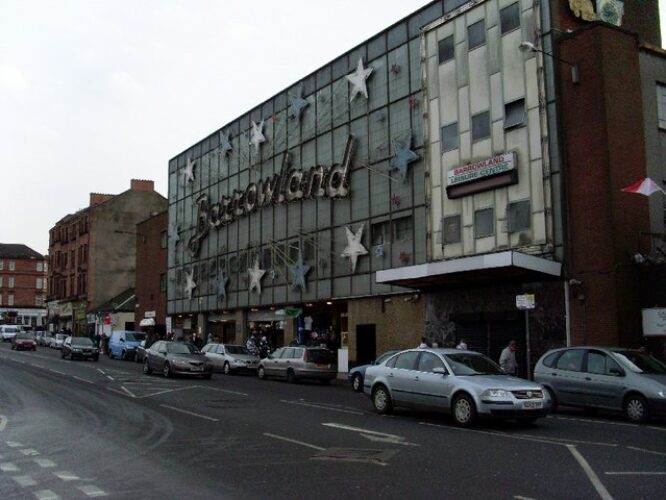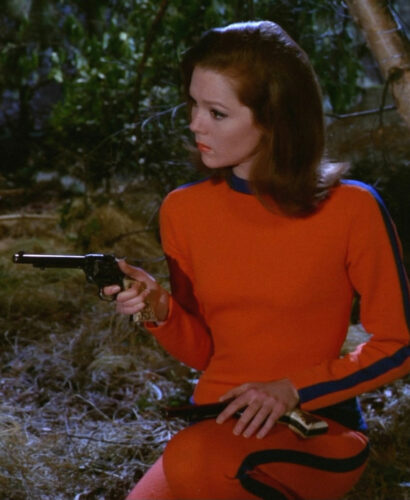No Time to Die Review
Spoilers, sorry.

As I said on Twitter, that was more or less the shambolic hoot I had hoped for. A rollicking, incoherent, dumb, infuriating, joyful, and exhilarating mess. Fukunaga, Craig, et al identify and transmit the pleasures of Bond films while gesturing at bolder things, and sometimes even clutching them, while grounding their work in the mindless but alluring celebration of British imperialist surveillance and sabotage that Bond and Fleming embody. In short, it’s a James Bond movie, with all the delights and vices that epitomizes.
The heart of that agony and ecstasy is the departure of Daniel Craig, whose meaning and impact on future movies any review of No Time to Die worth its salt has to decrypt. Craig has crafted self-evidently cinema’s finest James Bond portrayal, constantly asking “what if this character were actually a human being?” and being personally responsible for much of the character’s story (Craig has co-producer credits on Spectre and No Time to Die, and apparently had greater creative control of his last Bond film). The films that have resulted have been a strange and often poorly fused mess of differing filmmaking styles and aesthetic values, but with a brilliant lead actor at their center crafting a compellingly fucked up character out of one of the most oversignified characters in cinema.
Naturally Craig’s departure is celebratory, buying that James Bond is a good thing for the world, so that his departure is sad yet triumphant. His imperialist project is accordingly celebrated, with some repudiation of Bond’s earlier rape culture tendencies in the form of neoliberal feminism (James Bond enforces manufactured consent. Shocking. Positively shocking). Ideological coherence is largely irrelevant to this; after five movies, Craig’s departure is deeply moving.
And the movie sells Craig’s departure shockingly well. There are appropriate callbacks to previous movies, particularly Casino Royale and On Her Majesty’s Secret Service. Fukunaga seems to have taken inspiration from the “grounded/down-to-earth” Bonds (the ones where Bond gets a few scratches from explosions rather than none at all). In tying itself to Casino Royale and OHMSS (still the unruliest title ever) through callbacks to Vesper and several OHMSS soundtrack cues, No Time to Die plugs itself into the tradition of movies that traumatize Bond. Some early scenes made me think the movie was headed towards a Casino Royale/Quantum of Solace-esque characterization of Bond as a fucked up, neurotic mass of flesh, booze, and thanatos. That tendency dissipates as the movie progresses, with mixed results; depending on the scene, Bond is either a tender man seeking redemption or a stone-cold assassin. The two aren’t irreconcilable (I say this as someone who has in the past experienced personal kindness from high-profile members of the fucking Iraq Survey Group), and Craig sells both, but the rewrites, delays, and sheer number of writers who contributed to this script are felt heavily.
And yet the discordance does the movie some favors. For one thing, it deemphasizes Bond in his own movie; the opening scene (at least after the gunbarrel shot, Craig’s only gunbarrel to kickstart a movie) and the ending both center Léa Seydoux’s Madeleine Swann, who the movie salvages into an actual character with interiority and commonalities with Bond after her role in Spectre as “Bond girl whose dad Bond shot and kidnapped 2-3 movies ago”.…





